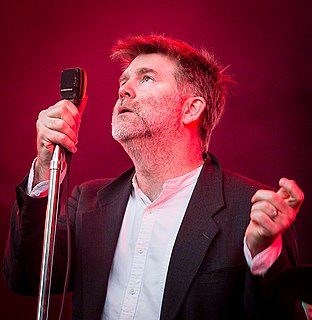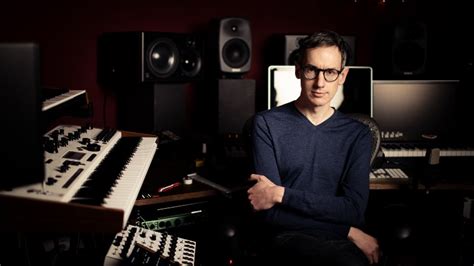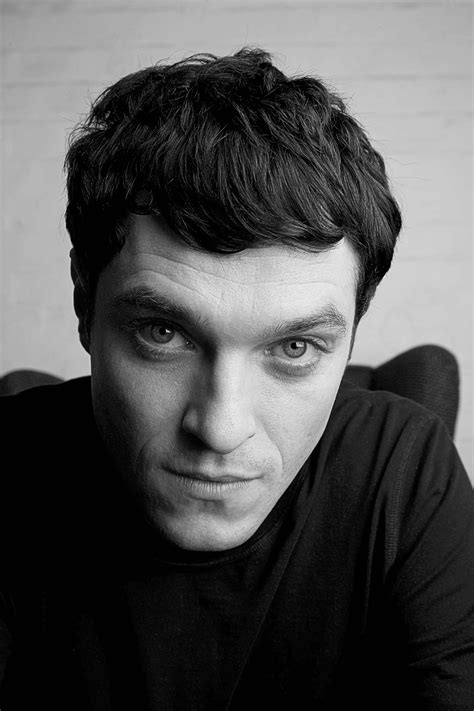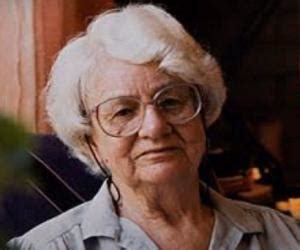A Quote by Jonny Greenwood
I trust microphones, speakers and recordings less and less, and no longer buy into the idea that I can recreate at home, or in my earphones, the experience of hearing live acoustic instruments. The orchestra is already a set of speakers that react differently to each player, each room and each concert - it's that high level of uncertainly and unrepeatability that I like. The music is just soaked into the walls of a room straight from the instruments - and it's a one-off deal. The alternative - left speaker, right speaker - is kind of a compromise.
Quote Topics
Related Quotes
There are only so many instruments you can layer on top of each other that aren't perfectly electronically programmed. "Long Vermont Roads" just cannot be performed live, because it's just too cluttered if it's played by humans. Synthesizers stay out of each other's way in a way that hand-played instruments never can.
The superpowers often behave like two heavily armed blind men feeling their way around a room, each believing himself in mortal peril from the other, whom he assumes to have perfect vision. Each side should know that frequently uncertainty, compromise, and incoherence are the essence of policymaking. Yet each tends to ascribe to the other a consistency, foresight, and coherence that its own experience belies. Of course, over time, even two armed blind men can do enormous damage to each other, not to speak of the room.
Since true listening involves a setting aside of the self, it also temporarily involves a total acceptance of the others. Sensing this acceptance, the speaker will feel less and less vulnerable, and more and more inclined to open up the inner recesses of his or her mind to the listener. As this happens, speaker and listener begin to appreciate each other more and more, and the dance of love is begun again.
When we have an experience -- hearing a particular sonata, making love with a particular person, watching the sun set from a particular window of a particular room -- on successive occasions, we quickly begin to adapt to it, and the experience yields less pleasure each time. Psychologists call this habituation, economists call it declining marginal utility, and the rest of us call it marriage
The first thing I did when I got inside was turn on the kitchen light. Then I moved to the table, putting my dad's iPod on the speaker dock, and a Bob Dylan song came on, the notes familiar. I went into the living room, hitting the switch there, then down the hallway to my room, where I did the same. It was amazing what a little noise and brightness could do to a house and a life, how much the smallest bit of each could change everything. After all these years of just passing through, I was beginning to finally feel at home.


































